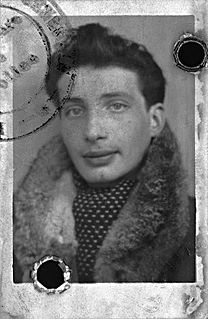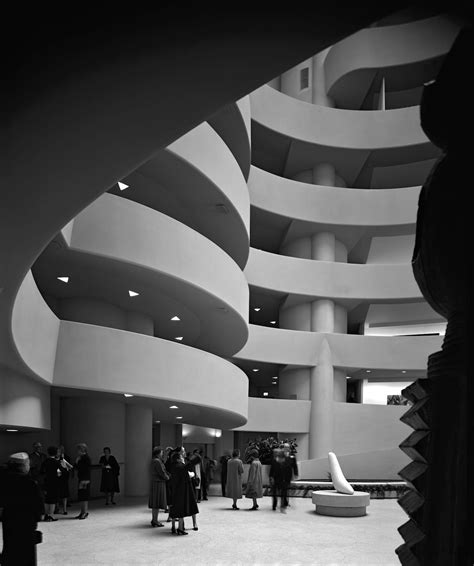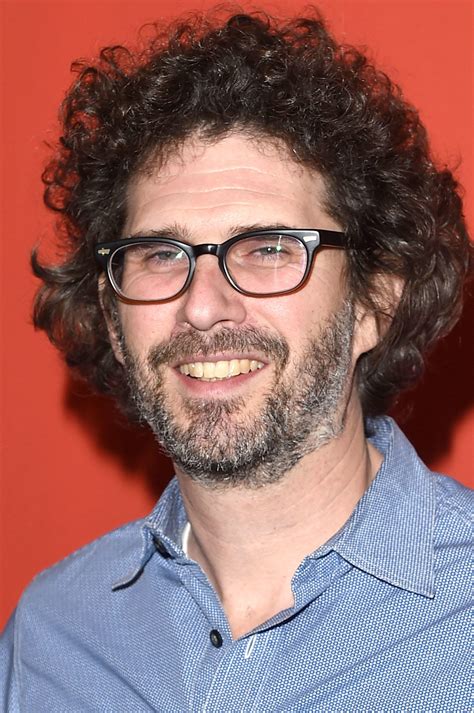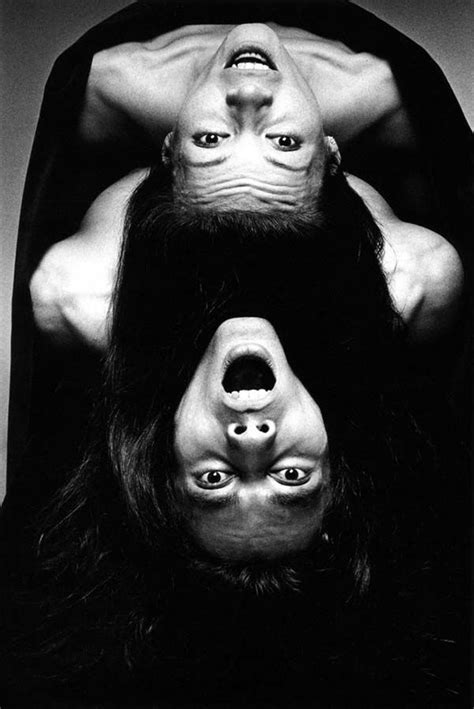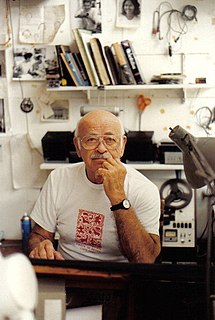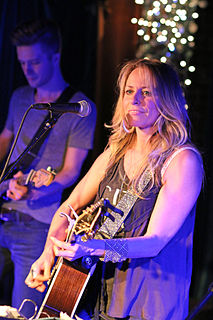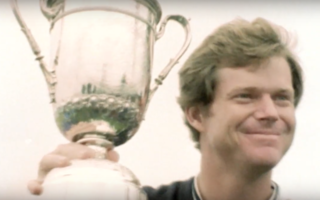A Quote by William Klein
I came from the outside, the rules of photography didn't interest me.
Related Quotes
All aspects of photography interest me and I feel for the female body the same curiosity and the same love as for a landscape, a face or anything else which interests me. In any case, the nude is a form of landscape. There are no reasons for my photographs, nor any rules; all depends on the mood of the moment, on the mood of the model.
I don't know that there were any rules for documentary photography. As a matter of fact, I don't think the term was even very precise. So as far as I'm concerned, the kind of photography I did in the FSA was the kind of photography I still do today, because it is based on passionate concern for the human condition. That is the basis of all the work that I do.

